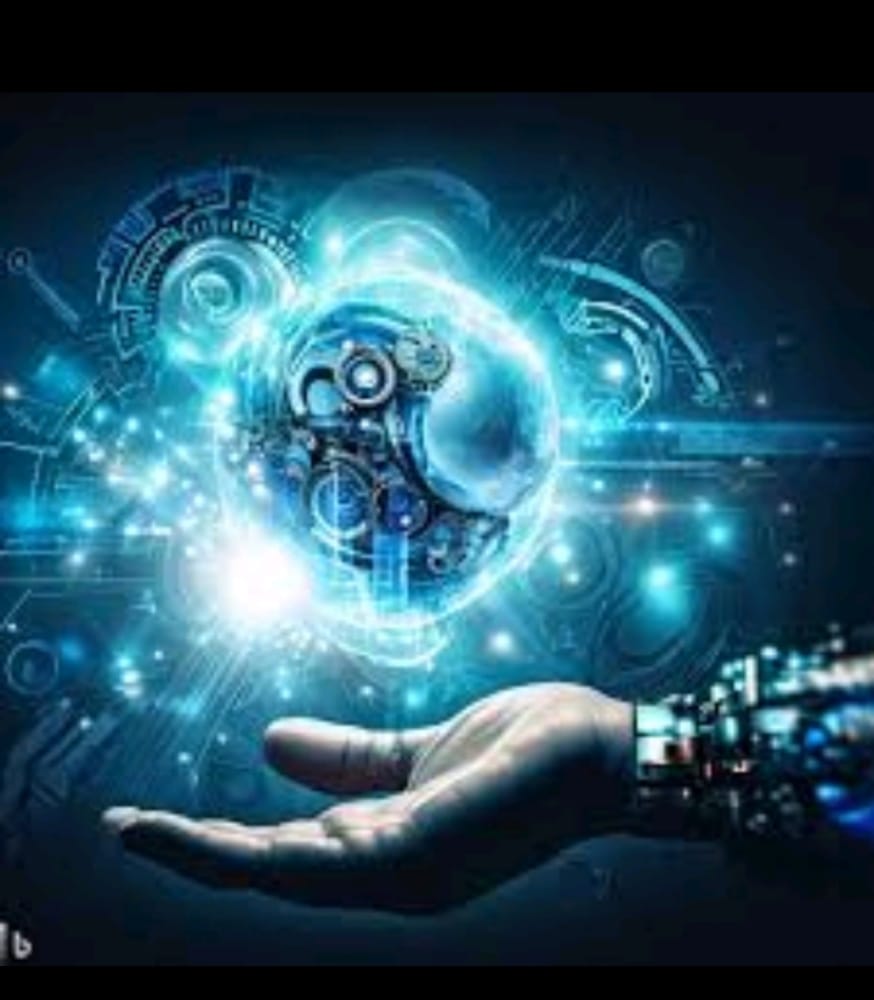
Digital Technology is the backbone of modern life, using electronic systems to convert information into binary code—0s and 1s—for easy storage, processing, and transmission. It powers everything from calculators to advanced Artificial Intelligence (AI), enabling seamless communication, automation, and innovation.
Unlike https://www.digital-adoption.com/analog methods, offers precision, speed, and scalability, making it indispensable across industries. Whether in education, healthcare, business, or entertainment, it revolutionises how we interact, work, and solve problems. More than just a tool is a driving force shaping the way we live and navigate an increasingly connected https:/
Types of Digital Technology
Digital Technology is a vast and vibrant ecosystem, with each type playing a unique role in shaping our world. Let’s dive into the various categories of , exploring their impact and applications.
Digital technology refers to the use of digital devices, systems, and tools that create, store, or process data electronically. It has transformed every aspect of human life, from communication and education to business and entertainment. In the past, people relied on analog tools such as landline telephones, paper records, and face-to-face communication. But now, with the rise of computers, smartphones, and the internet, has become an inseparable part of our daily routine.
One of the most important impacts of is communication. Today, we can connect with anyone in the world instantly through emails, video calls, or social media platforms like Facebook, WhatsApp, and Instagram. This global connectivity has made the world smaller and more connected than ever before. It helps people share ideas, knowledge, and cultures easily without physical barriers.
Digital technology has also changed the field of education. Online learning platforms such as Google Classroom, Coursera, and Zoom allow students to attend classes from home. Teachers can share notes, videos, and presentations online. This has made education more flexible, accessible, and convenient for millions of students around the world.
In the business world, digital technology has created a new era of innovation. E-commerce platforms like Amazon, Alibaba, and Daraz have revolutionized shopping. Digital marketing helps companies reach customers directly through search engines, websites, and social media. Automation and artificial intelligence (AI) are improving production, customer service, and management systems, making businesses more efficient and profitable.
Moreover, digital technology plays a huge role in healthcare. Hospitals use digital machines to diagnose diseases, keep patient records, and even perform robotic surgeries. During the COVID-19 pandemic, digital tools such as telemedicine and online consultation helped millions of people get medical advice safely from their homes.
However, despite these benefits, digital technology also has some disadvantages. Cybercrime, data theft, and online fraud have become major concerns. Excessive use of smartphones and the internet can lead to addiction, loss of privacy, and mental health problems. Therefore, it is important to use digital technology wisely and responsibly.
In conclusion, digital technology has brought enormous progress and convenience to human life. It has changed the way we live, work, and communicate. Though it has some risks, its benefits are far greater when used properly. Digital technology is not just a part of modern life — it is the foundation of the future. Learning to adapt and use it efficiently will help us build a smarter, faster, and more connected world.

